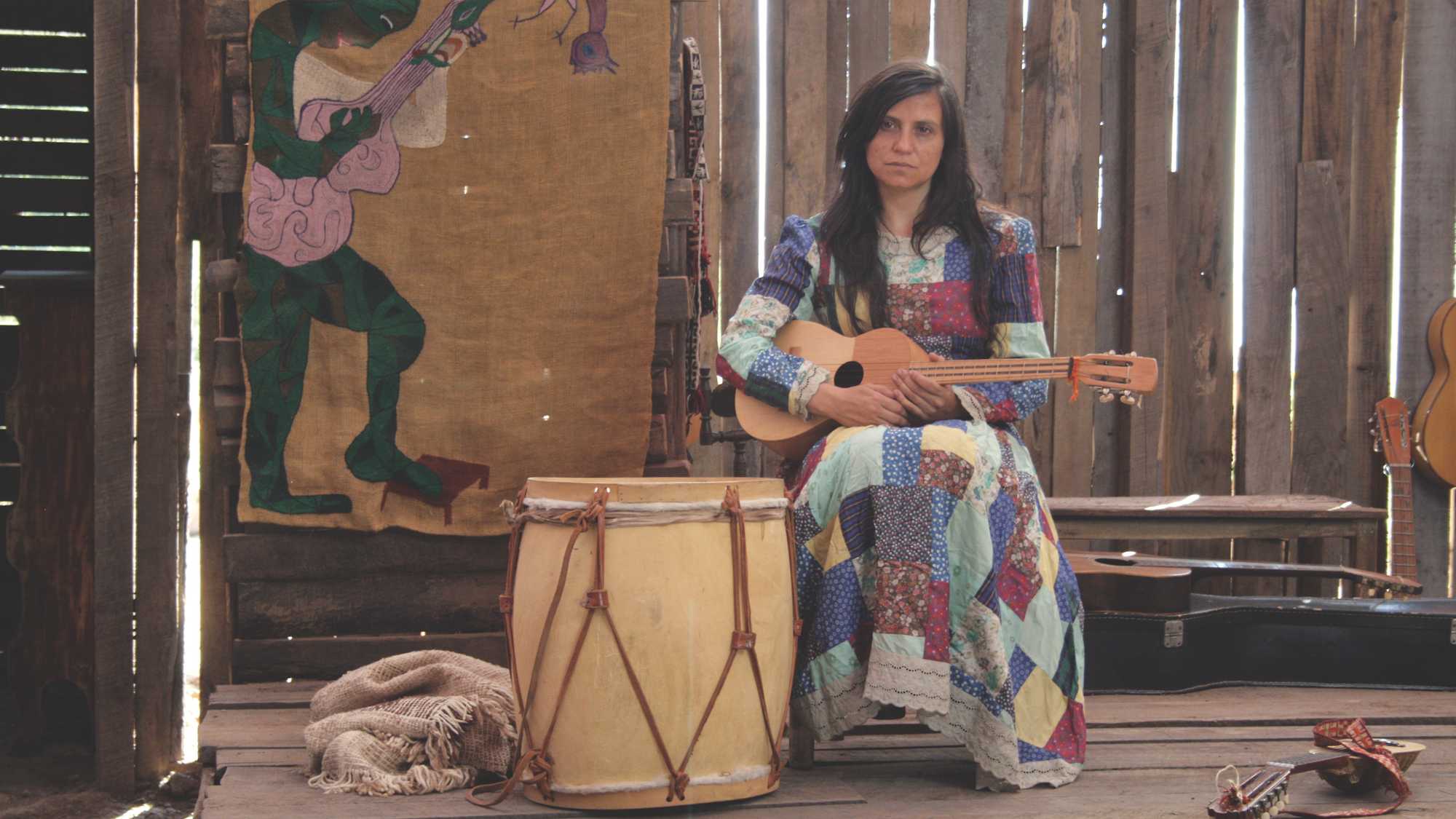An intensely poetic biopic charting Chilean folksinger Violeta Parra’s epic journey from poverty to fame, underscored by Parra’s vulnerable, penetrating folk songs and a reverberating performance by Francisca Gavilán

The intense, remarkable life of the Chilean singer-songwriter Violeta Parra is explored with sensitivity and exquisite lightness of touch.
Screened as part of NZIFF 2012
Violeta Went to Heaven 2011
Violeta se fue a los cielos
“Like a Chilean Edith Piaf or Bob Dylan, Violeta Parra [1917–67] was a folksinger and pop culture icon whose songs expressed the soul of her nation and protested social injustice. Violeta Went to Heaven tells Parra’s extraordinary story, tracing her evolution from impoverished child to international sensation... while capturing the swirling intensity of her inner contradictions, fallibilities, and passions. Director Andrés Wood [Machuca, NZIFF05]… wisely moves beyond linear biography, drawing on an impressionistic structure and a reverberating performance by actress Francisca Gavilán, to unearth the elusive, charged core of this magnetic character. Wood evocatively interweaves key set pieces from Parra’s life – her humble family roots, her Paris foray as a celebrated visual artist [tapestry and embroidery], her travels through Chile to preserve disappearing traditional culture, her tenuous hold on motherhood, and her tumultuous love life.” — Caroline Libresco, Sundance Film Festival
Based on the book by her son Ángel Parra (also a musician), this story has little sympathy for Parra’s second husband, the young Swiss anthropologist Gilbert Favre who loves her as an exotic icon rather than a needy woman. Craving companionship, she leans heavily on her surviving two children… However, music is the one constant companion for Violeta in her highly fluctuating existence, whether surrounded by birds, goats and berries in the Andes, or negotiating for her work to be displayed in the Louvre. Parra’s vulnerable, penetrating folk songs score the epic journey of her life with a deep poetic intensity, making for soul-wrenching viewing. — JR